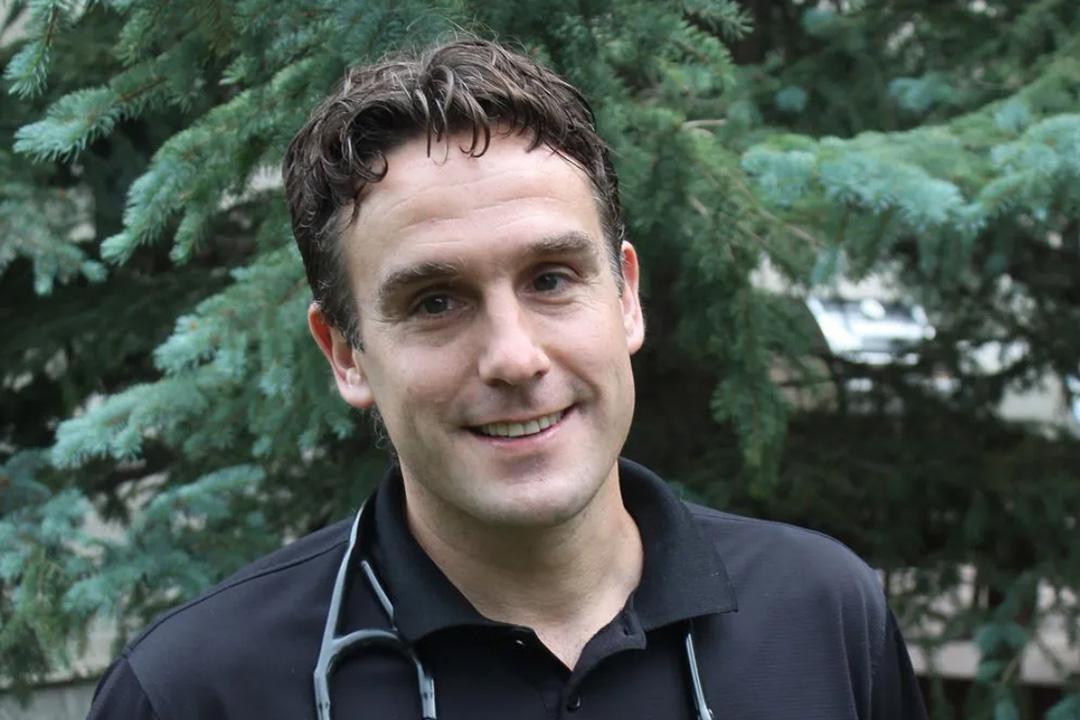
Grant funds community-engaged diabetes research
A College of Medicine research team is improving health care for individuals with diabetes in Regina and nearby Indigenous communities, thanks to a Research Connections grant from the Saskatchewan Health Research Foundation.
By AMANDA WORONIUKThe team, led by Dr. Stuart Skinner (MD), an infectious disease physician and researcher, will look at Indigenous people living with diabetes in Regina and surrounding First Nation communities. The team will use a community-engaged approach to identify challenges in accessing healthcare and build a culturally responsive, patient-centred model of education and care.
“This project is based on the significant impact of diabetes in Indigenous communities and First Nations communities,” said Skinner. “There is a lack of access to primary care services, such as a dietician or lab monitoring results. We’re also trying to address some of the challenges especially for people who might be living in the urban centre in Regina or in Indigenous communities.”
Skinner added that the challenges faced by those in the community are a mix of factors unique to people in those settings. One of these challenges is food insecurity – lack of access to healthy food due to availability or financial constraints.
To better understand the challenges, Skinner and his team plan to recruit highly-engaged community members as peer champions – people who will connect with their peers to identify current needs, gaps and strengths when accessing diabetes care. Using this community-engaged approach allows the team to hear directly from affected individuals and build targeted education that will resonate with them
“The best way to identify the needs is to involve peers–using a peer-led, developed and designed method – rather than a top-down approach where a researcher designs it the way they think it should be,” said Skinner. “We will then train peers – people living with diabetes who can gain that knowledge and then share that with others in the community.”
Peers will connect with each other using virtual platforms, such as Zoom or WebEx. This online method removes barriers to participation such as lack of transportation.
Skinner and his team have successfully applied a peer-led approach in working with people living with HIV and hepatitis C, which has made a huge difference in healthcare delivery. The team uses a similar approach to engage community members in identifying and understanding their healthcare needs.
Skinner sees opportunities to apply this peer-engaged approach in other areas of the province, where there are also high rates of individuals living with diabetes.
“Every area is very different. Barriers and gaps will unique than what's identified in the areas we are working with than others. But the process can then be easily adapted to multiple different areas. That's where I would see this going forward.”
Article re-posted on .
View original article.

